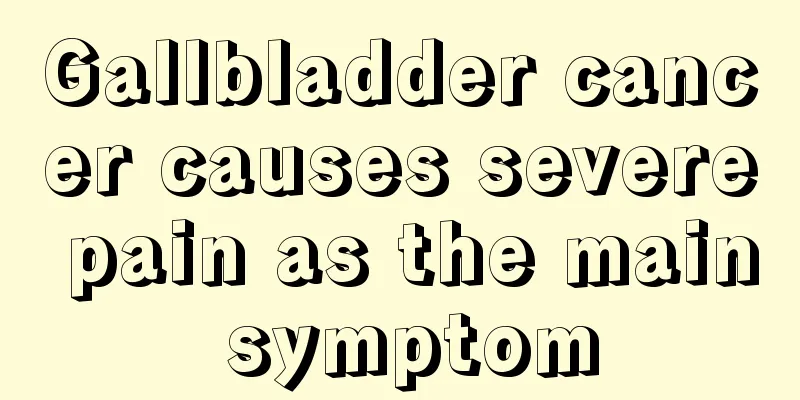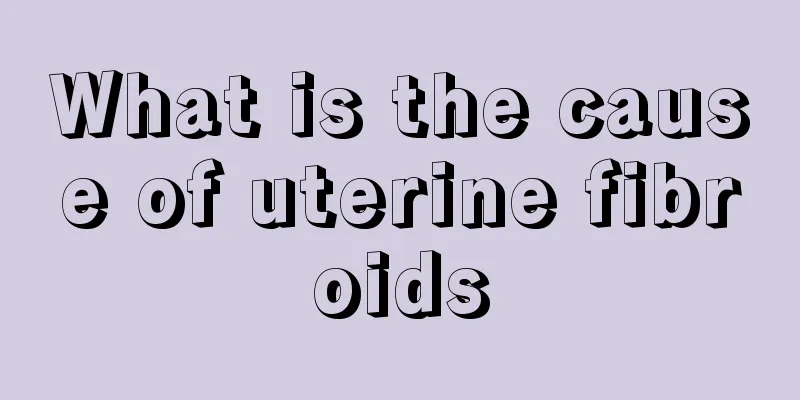Why is liver cancer suitable for interventional treatment? Six advantages of interventional treatment for liver cancer

|
In recent years, liver cancer has become one of the major diseases that endanger society and human health, and it has brought great pain and distress to mankind. Liver cancer has an insidious onset, and once discovered, it is often in the middle or late stages, often missing the opportunity for surgery. At this time, interventional therapy becomes the best choice for treating liver cancer. Its characteristics are simplicity, safety, effectiveness, minimal invasion, and few complications. To a certain extent, interventional therapy is equivalent to surgery without surgery. Let the experts explain it to you in detail below. Why is liver cancer suitable for interventional treatment? What is interventional treatment for liver cancer? When liver cancer patients cannot undergo resection surgery, interventional treatment for liver cancer is the most suitable first choice for patients. Interventional treatment involves inserting a catheter through the patient's thigh blood vessels to the liver tumor site, and then performing embolization/chemotherapy on the tumor. Advantages of interventional treatment for liver cancer compared to surgical treatment. By comparing with surgical treatment, it can be found that interventional treatment is also a good choice for liver cancer patients. Therefore, although interventional treatment is not as effective as surgery, radiotherapy and chemotherapy in the eyes of most people, it is acceptable to choose this method when necessary. Compared with surgery, the biggest advantage of interventional treatment is that it causes less trauma to patients, the operation time is short, and the cost of a single treatment is low. In addition, the recent treatment effect of liver cancer has found that the one-year survival rate of patients receiving interventional treatment is nearly 70%, and the two-year survival rate is close to 40%. Interventional treatment can also convert some liver cancers that cannot be surgically removed into resectable ones, thereby improving the treatment effect. At present, the main purpose of interventional treatment is to relieve the symptoms of advanced patients and improve their quality of life. Advantages of interventional treatment for liver cancer 1. Small trauma: The skin wound is only about 2mm, and the patient suffers less pain; 2. Minimally invasive interventional treatment has high repeatability; 3. Real-time efficacy evaluation: Under the monitoring of modern imaging equipment (DSA), accurate real-time efficacy evaluation is performed; 4. Small side effects: small dosage, high local drug concentration, no drug resistance problem, and small side effects; 5. Strong targeting: precise positioning, precise treatment, and little damage to normal tissues; 6. Quick recovery: Normal activities can usually be resumed 12 hours after surgery; |
<<: Can lung cancer be contagious? Experts tell us whether lung cancer is contagious
>>: What are the early symptoms of lung cancer? 7 early symptoms of lung cancer
Recommend
These 9 sleeping methods will shorten your life by 10 years
In fact, adequate sleep is very important for the...
Knowledge about liver cancer diagnosis
Do you know something about liver cancer? Do you ...
How should intestinal tuberculosis be examined?
As a disease of the digestive system, intestinal ...
Will drinking soy milk at night make you fat? The truth is this
Soy milk is a common soy product in daily life. I...
Can white vinegar cure athlete's foot?
When it comes to white vinegar, many people actua...
How to treat left ovarian teratoma?
The best treatment for left ovarian teratoma is s...
Can lung cancer 1b be completely cured?
Lung cancer 1b should be lung cancer stage 1B. If...
What are the dangers of thickening nails
Thickening of nails is a type of nail disease, us...
Scraping for sore throat
Many women who are breastfeeding will experience ...
What to do about edema caused by radiotherapy for nasopharyngeal carcinoma
What should I do if nasopharyngeal carcinoma edem...
What to do if there is a hamartoma on the kidney
How to treat renal hamartoma? Renal hamartoma, al...
Drug treatments for ovarian tumors include
It is well known that traditional Chinese medicin...
The nasopharyngeal roof is thickened. Can the CT results be judged as nasopharyngeal carcinoma?
The nasopharyngeal roof is thickened. Can the CT ...
Is it serious to have a lipoma on the kidney?
The kidneys can be said to be the most important ...
Can lavender essential oil be used for hair care?
The smell of lavender essential oil is very good,...









